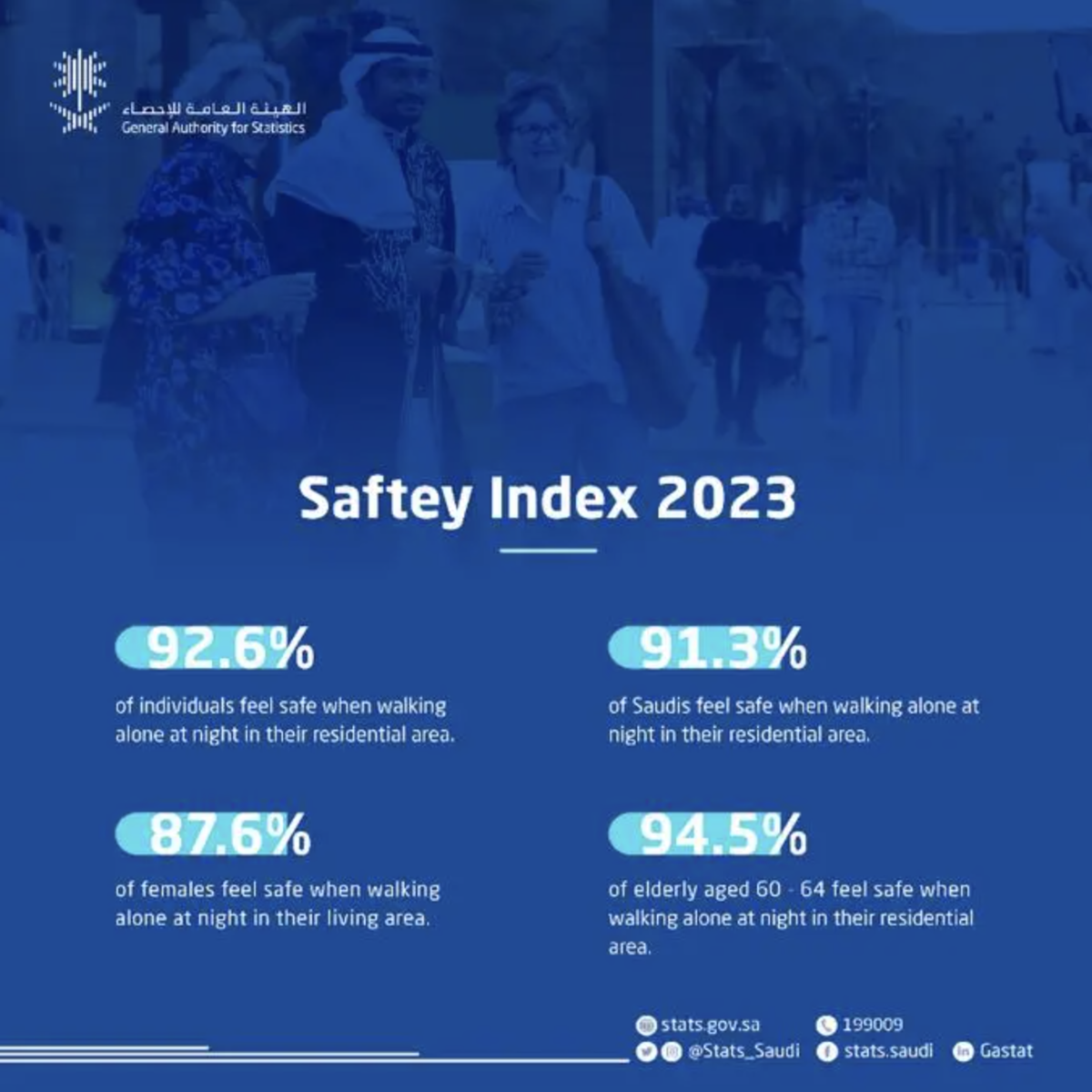RIYADH: As industries across the Kingdom strive to leverage the power of artificial intelligence, the development of quantum computing is expected to drive technological breakthroughs with the ability to shape industries, industry experts predicted on Tuesday.
Quantum computers uses qubits, a basic unit of information, to run multidimensional algorithms, rather than the binary 1s and 0s in traditional computing. This means the machines are more powerful and capable of solving complex problems much faster than traditional computers.
Speaking at the LEAP technology conference in Riyadh during a panel discussion titled “Quantum Leap: The Intersection of Quantum Computing and AI,” Daniela Herrmann, the co-founder of quantum computing platform Dynex, highlighted Saudi Arabia’s progressive efforts in the development of artificial intelligence and painted a positive picture of the country’s future role in the development of quantum computing.
“There is an amazing initiative already in AI, on ethics, and I think the Kingdom could play an enormous role in expanding that … also into quantum (computing),” she said.
“The Kingdom, as it is, is very foresighted and extremely progressive. I do promise myself that the Kingdom would be a fast driver of supporting the movement towards mainstream (quantum computing).”
The use of quantum computing could be particularly beneficial in the health and automotive industries, Herrmann added.
The breakthrough technology is not a new concept for the Kingdom. Last year, for example, Aramco signed an agreement with tech company Pasqal to deploy the country’s first quantum computer. In 2021, King Abdullah University of Science and Technology announced a collaboration with Zapata Computing in the US.
During the panel discussion, Bob Sutor, the CEO of Sutor Group Intelligence and Advisory, stressed the difficulty level of quantum computing development, and cautioned that the future of the technology remains uncertain.
“Quantum computing, on one hand, the science, the engineering, is very, very hard, but it’s also very, very hard to understand the relative quality of them and how quickly they will develop … so the fact is, we don’t quite know when we will have real quantum computers, right, at scale,” he said.
Nevertheless, Sutor said he is hopeful that AI will help “drive the development of the hardware” and added: “I think as we open up the world and we think of quantum networking, quantum communications beyond this, this is where the quantum and AI thing is really going to shock you.”
Reflecting on the present state of quantum computing and what comes next, Hermann said: “It is a fascinating time we are entering into.”
LEAP began on Sunday and concludes on Wednesday. The annual event in Riyadh, which began in 2022, aims to play a critical role in Saudi Arabia’s ambitions to become a global technology hub, in line with the Kingdom’s Vision 2030 plan for national development and diversification of the economy. To that end, Saudi authorities have pledged $100 billion of investment to advance the nation’s tech sector.
LEAP 2025 features more than 680 tech startups, 1,100 speakers, 1,800 technology brands, and more than 170,000 visitors, organizers said.






























